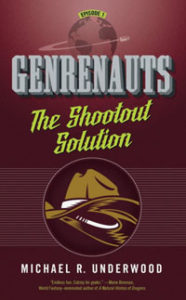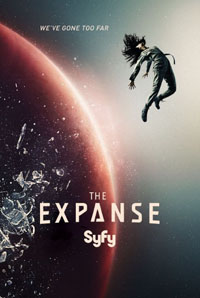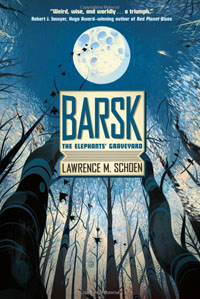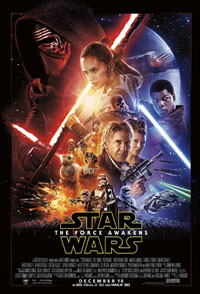Every so often I read a book and wish I could have thought of the stuff this author thought up. It’s a little painful, and it’s made even worse when I know the author personally, and find them intimidatingly intelligent. I am forced to come to grips with the fact that this idea was not just lying around for the first comer. It was secured deep in a cave full of puzzles, and monsters, and death that only an author-hero could courageously and successfully face, and the cave itself is hidden so well I don’t even know how to find it.
 With Genrenauts, author Michael R. Underwood (perhaps best known for Geekomancy, Celebromancy, and Hexomancy) has created a setting in which he can spin stories that mess very engagingly with genre, setting, trope, and tale. The first of these stories is The Shootout Solution: Genrenauts, Episode 1. It’s a fast, fun read, priced to move with the electronic edition currently at $2.99.
With Genrenauts, author Michael R. Underwood (perhaps best known for Geekomancy, Celebromancy, and Hexomancy) has created a setting in which he can spin stories that mess very engagingly with genre, setting, trope, and tale. The first of these stories is The Shootout Solution: Genrenauts, Episode 1. It’s a fast, fun read, priced to move with the electronic edition currently at $2.99.
The concept runs as follows: our world is part of a multiverse in which the stories we tell congeal into planes or dimensions that operate according to trope-laden rule sets. These areas can reflect back on us. A missing happily-ever-after can mean disaster in our world.
As a creator I understand that the stories we tell say a lot about who we are. Commentary on these stories is a deconstruction of our culture, our beliefs, and even our minds. I have this sinking feeling that the Genrenauts series, with its raucous meta-commentary upon the stories of pop culture, is going to say important things that I might not be clever enough to catch the first time around because I’m too busy enjoying the books.
And it’s pretty easy to get lost in enjoying the story. Here’s The Shootout Solution in four words: “spaceships, cowboys, and comediennes.”
Obligatory Disclaimer: At the bar at ConFusion two weeks ago Michael offered me the first Genrenauts book for free. I turned him down because it’s easier for me to not lose a book on my nightstand if I buy it myself and put it in my Kindle app. Also, $2.99.
Non-obligatory plug: The next book in the Genrenauts series, The Absconded Ambassador, is available for pre-order. It drops on February 23rd. I’m in.

 I got to read it early this year, and I loved it. I wanted to tell you about it, but I was told in no uncertain terms that I needed to wait, because you would not be able to have it until the very endmost days of the year, and we would all be happier (you, me, Lawrence, and the publisher) if I held off.
I got to read it early this year, and I loved it. I wanted to tell you about it, but I was told in no uncertain terms that I needed to wait, because you would not be able to have it until the very endmost days of the year, and we would all be happier (you, me, Lawrence, and the publisher) if I held off.
